ADMINISTRATION
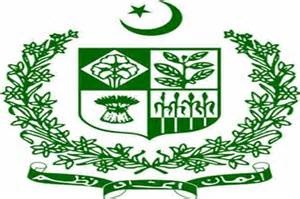
Each State makes some rules and laws, for the Govt. institutions to effort competently. The making of rules and laws is in the hand of our supporting Govt. Pakistan’s political structure have been of federal state, whereas the coordination of Govt. has been parliamentary, presidential or semi-presidential.
In this semi-presidential state, President of Pakistan is the leader of the state, the Prime Minister is a head of Govt. Executive power is exercised by the Govt. Lawmaking power is vested in upper house of the parliament (Senate) and the lower house of the parliament (National Assembly). For the bill to become a low of the state it has to be approved initial by the National Assembly and next by the Senate. When both the houses of parliament approve the bill, it is sent to the President. When the President signs and approves the bill, it befalls the low.
SENATE. It is the upper and permanent lawmaking body. Senate has the same symbol from the provincial assemblies. Members of the provincial assemblies choose senators amongst themselves. Senate has the right to choose on every bill apart from the finance bill. President can slab any bill from being voted in senate but National Assembly can modify that choice by greater part voting against it. Senate consists of 100 members.
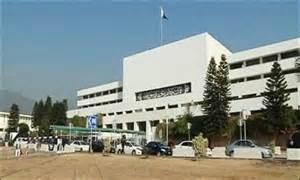
NATIONAL ASSEMBLY. National Assembly is elected for five years by the populace of Pakistan. All the bills go through National Assembly previous to they become law, or get acted upon. Prime Minister is also a member of National Assembly. Members of National Assembly elect Prime Minister amongst themselves. President has the authority to dissolve the National Assembly any time he desires. It also gets dissolved automatically when the period of 5 years is complete. National Assembly has total of 354 seats. 272 are elected seats 10 minority seats and 72 reserved seats for women.
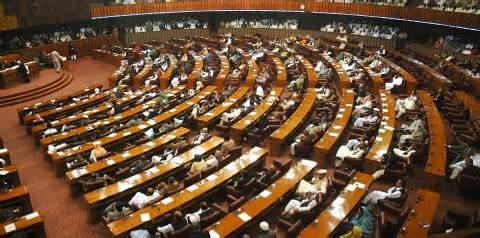
PROVINCIAL ASSEMBLIES. Pakistan is separated into four provinces. Each province has its own assembly to manage and take care of the matters that fall into their authority. The members of provincial assemblies are according to the inhabitants of that province.
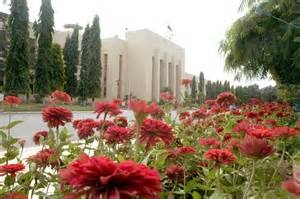
UNION COUNSEL. Provinces are additional divided into Tehsils, among them a third body is chosen which is not a legislative body but only helps Govt. to sprint the country. It is called Union Counsel.
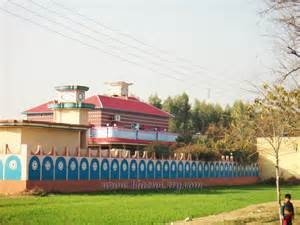
JUDICIARY. Once the law is made, it is the responsibility of the judiciary to up hold the law and luxury the people according to the law. Different kinds of courts are setup to provide people with fast and adequate justice. Pakistan has three levels of lower courts and a Supreme Judiciary council.
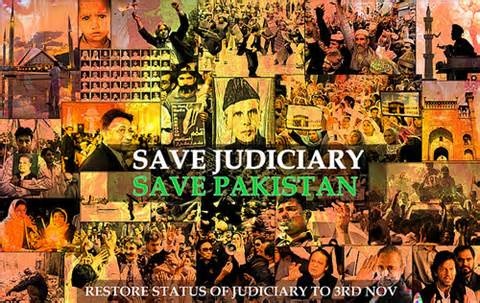
Court System. In Pakistan, there are courts which only handle particular type of cases. They are being stated below.
CIVIL AND CRIMINAL COURTS. Distt. Courts exist in every district of each province, with civil and criminal jurisdiction. The high court of each province has appellate jurisdiction over the lower courts. The Supreme Court has inclusive jurisdiction on disputes between and among provincial governments and appellate jurisdiction over high court decisions.
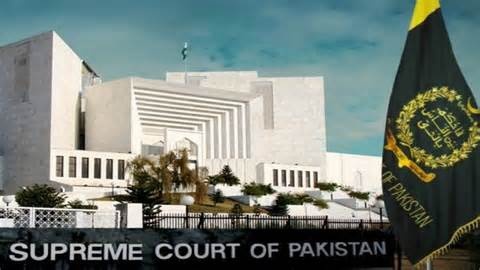
FEDERAL SHERIAT COURT. There is also a Federal Sheriat Court established by the presidential order 1980. This court has remit to examine any law that may be repugnant to the Islam or teachings of Islam, if a law is found to be repugnant; the court is to provide notice to the Govt.
FAMILY COURTS. There are also family courts which governs the jurisdiction of family courts. These courts follow West Pakistan Family Courts Act-1964 and have exclusive jurisdiction over matters relating to personal status. Appeals from the family courts lie with High Court only.
ANTI TERRORISM COURT. This court takes upon the cases relating to terrorism, this court has special powers and jurisdiction in matters relating to terrorism. Any case relating to terrorism falls exclusively in its jurisdiction and can only be heard in Anti Terrorism Court.
With Regards.
Sharafat Sheikh
Blogger: FilmAnnex.



